Back in late March The Return of the Illicit Groove attended the Cape Town Jazz Festival in order to report on and review the event. Whilst in Cape Town reporter Bob Hill also took the opportunity to visit other music venues as well as record stores. It was in one such store, Mabu Vinyl in Long Street, that Bob purchased apartheid and post-apartheid era Jazz from Cape Town.
Brian Currin (who is also part of the enduring story of the ‘Searching For Sugar Man’ artist Rodriguez) from Mabu selected a number of re-issued albums which typified the brilliance of Capetonian Jazz in the apartheid era and spoke at length about the contexts in which these albums were recorded; some in exile, some not.
Artists such as Bheki Mseleku, Bea Benjamin, Dollar Brand, Black Disco, Moses Taiwa Molelekwa, Pacific Express and Johnny Dyani are almost impossible to find on their original recordings but thanks to labels like Matsuli and its collaborators, is now available on high quality vinyl re-issues.
What we have to remember is that back in those far too recent and dark days of Apartheid it was forbidden for white, black, Indian and ‘Coloured’ musicians and artists to record and perform together just as it was illegal for mixed audiences to sit, stand. dance, listen together. As crazy as it seems in an age where we have events such as International Jazz Day to bring the Globe’s diverse peoples together through Jazz, the, then, racist National Party government of South Africa would punish, fine, imprison and/or ban artists for making music across racial divides. It is small wonder then that musicians from Miariam Makebe to Hugh Masekela went into exile to pursue their craft.
From a Cape Town point of view it is the musicians referred to earlier we will be focusing on as we look at the music they created during this period and in the immediate aftermath of the release of Madiba, Nelson Mandela.
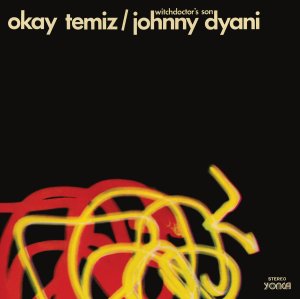
Bassist Johnny Dyani made his home, like many others, in Europe and worked with luminaries such as Don Cherry, Abdullah Ibrahim (formerly known as Dollar Brand) & McCoy Tyner amongst others. It was in this period in the 1970s he met and collaborated with Turkish drummer Okay Temiz on their album Witcdoctor’s Son. Recorded in Turkey for the Istanbul laber Yonca and released in 1976 (the year of the Soweto uprisings) it never was available outside Turkey.
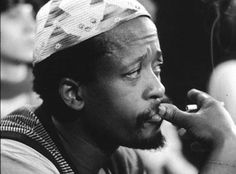
Dyani, who had been in exile from South Africa since 1964 (the year Mandela was imprisoned) settled down in Stockholm and it was through his connections with trumpeter Don Cherry he met Okay Temiz.
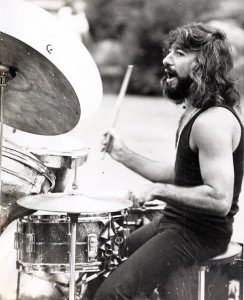
Temiz, a classically trained drummer from the Ankara Conservatory School, had met with Turkish trumpeter ‘Maffy’ Falay whilst he, Temiz, was touring with the the dance orchestra Ulvi Temel. Whilst in Stockholm Maffy introduced Do Cherry and Okay Temiz to each other and they started playing together. It was at this point that Cherry introduced Temiz and Dyani. They played as a trio and would explore the folk musics of India, Turkey, Bulgaria, China and re-create them through Jazz.
Dyani said of Temiz, ‘ For Okay Temiz, I know him well enough to say he is the best drummer now living.’
He would also tell a journalist in 1983 that the strength of his music was in the folk roots and that’every musician should acknowledge that folk music is the backbone of all of every music.’
As for Temiz would say ‘We were a very special trio, Their raw material was African culture and folklore, like mine was Turkish folklore. They were fine musicians who knew their own folklore very well. Not all Jazz musicians know their folklore.’
Whilst touring the USA, where Don Cherry had a teaching role at Dartmouth College, the trio would sometimes play with Dyani’s fellow Capetonian Dollar Brand, playing his compositions and also recording with him in Paris.
Dollar Brand, who would later change his name to Abdullah Ibrahim, would also play a massive influence on Johnny Dyani’s life inn helping him to embrace Islam which then led to the brilliantly written, arranged and played track on Witchdctor’s Son, I’m A Muslim Man.
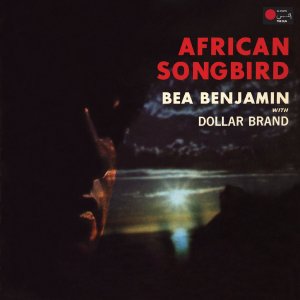
Vocalist Bea Benjamin met Dollar Brand in 1959, it was the Sharpeville Massacre the following year which led them to leave South Africa for Europe where they would marry in 1965 and settle in Zurich. It was whilst in Europe they Dexter Gordon, John Coltrane, Bud Powell and Duke Ellington. Ellington would then invite both to record for Sinatra’s Reprise label and come to the USA to perform at the 1965 Newport Jazz Festival.
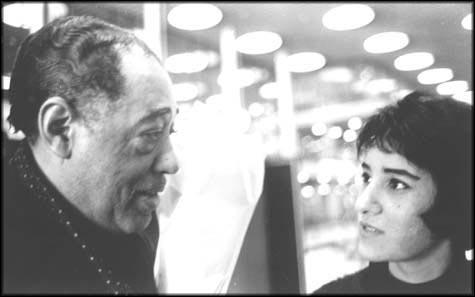
It was this time in the USA where Benjamin and Brand would meet and sometimes work with artists such as Don Cherry, Coltrane, Pharoah Sanders Cecil Taylor and Archie Shepp.
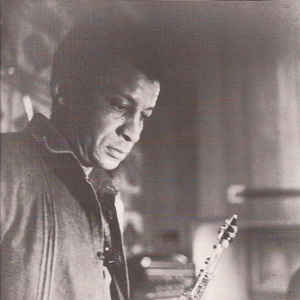
Bea’s 1976 album Songbird, written by her with and arranged and conducted by Dollar, is a masterpiece in both vocal Jazz and political discourse. With only three tracks on the album Africa, Music and African Songbird it is an album of movements and and is a cry of both Black Power and Black Consciousness. Remarkable considering that this was originally recorded when they had moved back to South Africa to give birth to their daughter Tsidi. By 1977 however, Benjamin and Brand had moved back to New York to the Chelsea Hotel.
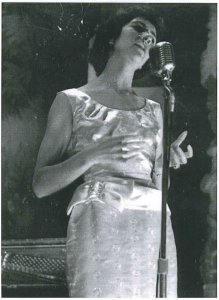
African Song Bird is a massive celebration of the voice of Bea Benjamin but it is also a yearning for Africa, a rallying cry against the injustices of apartheid and a desire to ‘feel my peoples warmth, to shelter beneath your trees, to catch the Summer breeze.’
You can listen to a selection of tracks featured in this article which were part of a Deep Thrills Mean Something mix created for The Illicit Grooves Radio Show.
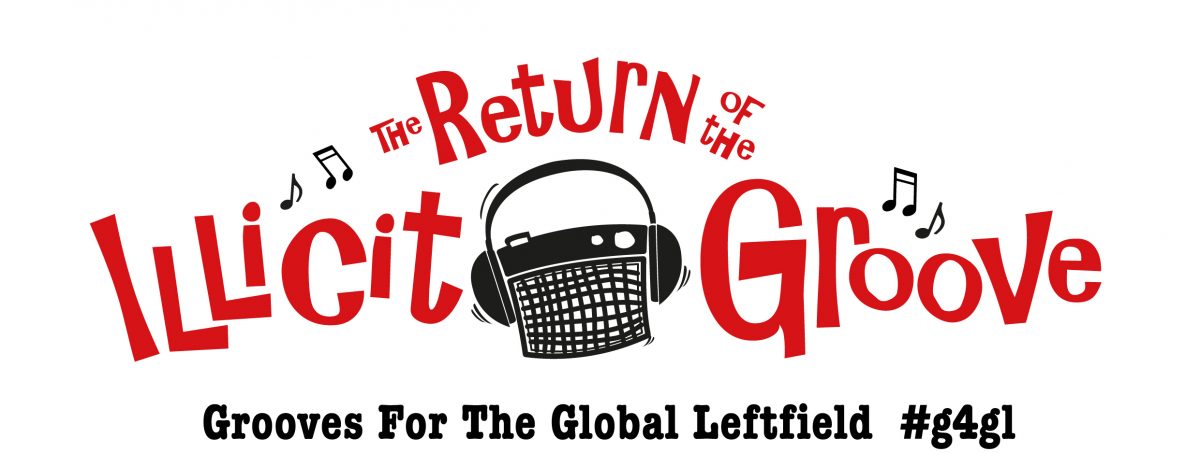
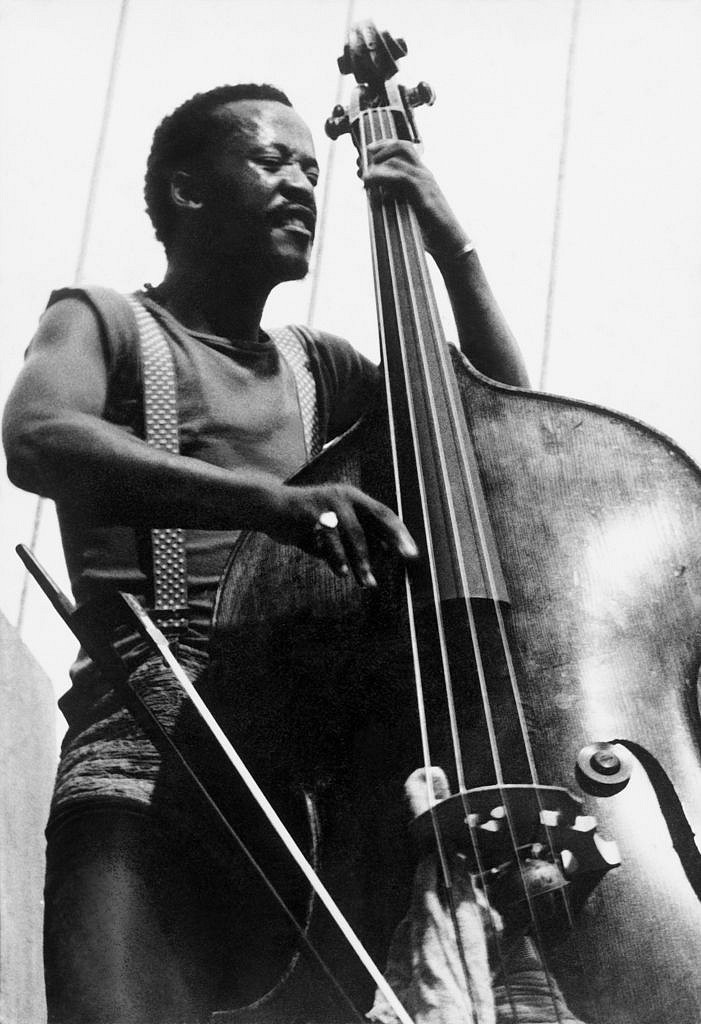
Reblogged this on Brian Currin.
LikeLike